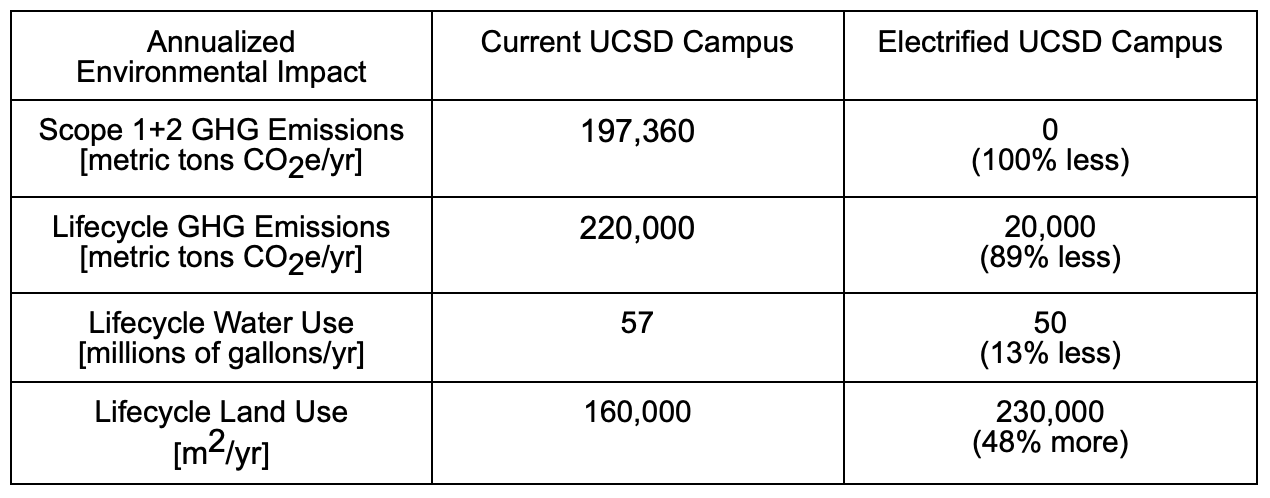Alexander Andriatis

I'm a PhD student at the Scripps Institution of Oceanography working on observing ocean turbulence using novel instrumentation.
I am also a passionate decarbonization advocate and enjoy thinking about solutions for the clean energy transition.
If you'd like to get in touch, send me an email.
See my lab at Scripps
Visit my LinkedIn Profile
Campus Electrification
UCSD has an obligation to electrify its campus immediately in order to meet its claim of being a leader in addressing the climate crisis. Electrification means replacing on-campus fossil fuel infrastructure, namely the methane cogeneration plant, with a system that is powered entirely by electricity. This electricity would be sourced from on-campus rooftop solar power and from grid electricity, which is currently around 30% renewable. Doing so would eliminate UCSD’s Scope-1 emissions, enabling it to meet its carbon neutrality targets and would keep it in line with San Diego’s goal of being zero-carbon by 2035, California’s goal of zero-carbon by 2045, and the US goal of zero-carbon electricity by 2035 and zero-carbon overall by 2050.
A vision of UCSD Electrification
I made an estimate of what electrification would require in terms of energy demand and cost.
The result of this cost estimate is, of course, that electrification is more expensive than continuing to use methane-based cogeneration, but we already knew that. The key result here is that the benefits of electrification are worth the immediate cost, and that electrification will save UCSD money in the long run.


Get Involved
I am part of the Decarbonization Campaign within the UCSD Green New Deal, which has a goal of convincing the UC campuses to electrify their energy systems and accelerate the retirement of fossil fuel infrastructure. You can see your campaign at electrifyuc.org and learn how to get involved.

Ship Electrification
The Scripps Research Fleet, an essential oceanographic research tool, emmits air pollutants and contributes to global warming. As an institution working on the forefront of climate science, Scripps must actively work to reduce its impact on people and the environment. Reducing emisions from its research fleet would be a significant and meaningful step in this direction.
I started a petition to ask Scripps to commit to transitioning to a zero-emissions research fleet. The petition gathered over 100 signatures from the Scripps and UCSD community, and was submitted to the Scripps administration with an accompanying letter. An article about the petition was published in the UCSD Climate Review.
The Scripps administration has not yet responded to the petition or made any commitments to zero-emissions ships. A hydrogen-hybrid ship, however, has been awarded $35 million in the 2021 California state budget. This ship will replace the R/V Sproul and will be able to conduct about 75% of its missions using only hydrogen power, leading to overal emissions reductions of about 25%.
